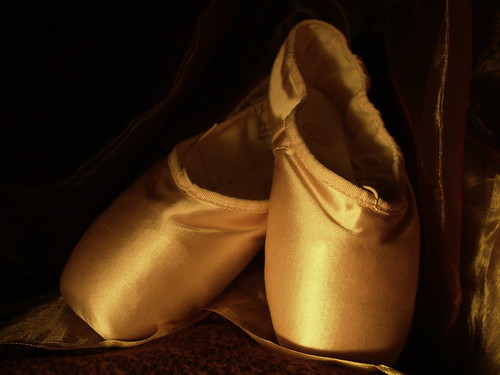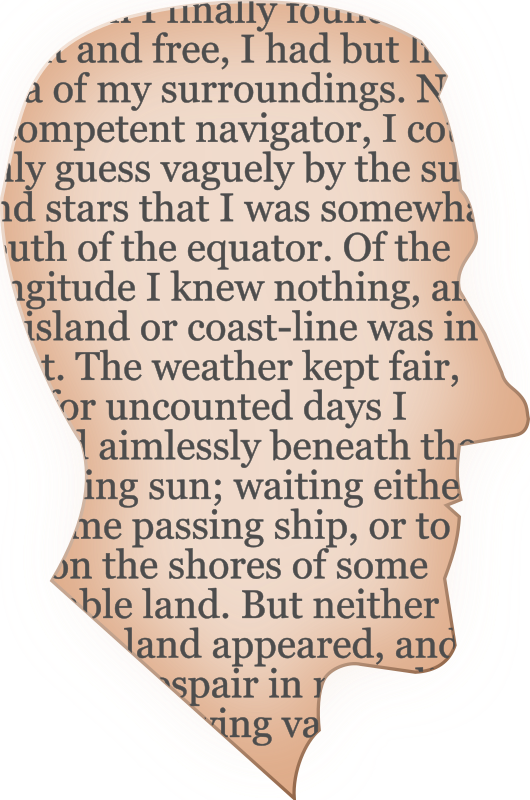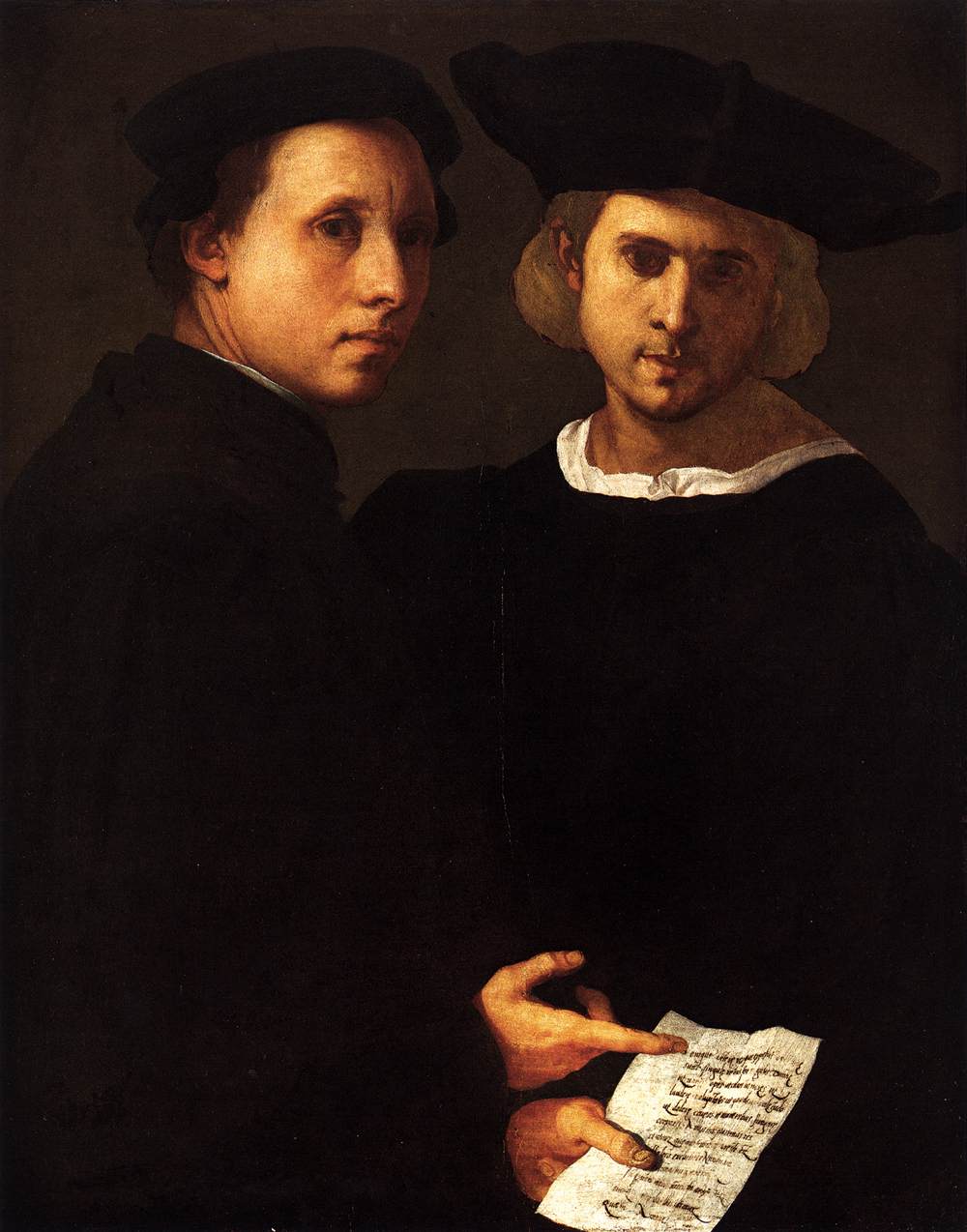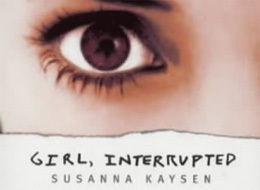It is the job of all authors to bring their characters to life. Most
well-loved characters have a distinct look, noticeable characteristics,
great flaws and strengths. Some authors even take things one step
further, and create a distinct style for their leading ladies. To honor
some of the great fiction fashion icons that I've read over the years,
I'm introducing a new feature with one of my most favorite characters:
Cathy Dollanganger.
Fashionable Femme Fatale
Cathy Dollanganger is the main protagonist of the Dollanganger series,
which spanned five books. The series was introduced in a debut novel
from V.C. Andrews,
Flowers in the Attic. It became an instant hit, though
the movie
didn't fare quite so well, and launched a career that has,
phenomenonally, continued with new novels even beyond the author's
death.
It all began with Cathy. Through the series, she goes from age 9 to age
59 (or thereabouts), and that's a whole lot of clothes. For some special
scenes, readers are treated to Cathy's outfits in exquisite detail. In
fact, clothes are used to illustrate a lot of the turmoil she feels in
the first book of the series.
While Cathy is locked away in Flowers in the Attic, clothes are
given to her by her mother Corrine, the woman who did the locking up.
They're a compensation of sorts for the miserable life Cathy and her
sister and brothers are now being forced to lead. In one memorable
scene, Corrine gives Cathy beautiful ballet costumes so she can continue
to live her dream of one day becoming a prima ballerina. The clothing
is so beautiful, and represents so much, it fills Cathy's heart with
love.
Later, clothes fill her heart with anger. After an extended trip away
from her children, Corrine returns with tons of gifts...and more pretty
fashions for Cathy. But as she tries them on, Cathy realizes that her
mother is still buying clothing for a little girl -- a little girl she
no longer is. The clothes represent all the neglect, and the blind eye
Corrine is using to view the situation she's trapped her children
inside. Cathy hates those clothes! She rips them off, tears them up and
cries bitterly.
Fashion...it's such a fantastic plot device. Clothing continues to be
important in Cathy's life. She goes on a shopping spree in the next book
of the series, Petals on the Wind, and the new items represent a freedom of choice she has never before enjoyed as a young woman.
When Cathy is an adult, later in the book, fashion becomes her greatest
weapon. By now, many years separate Cathy from her attic days of
captivity, but the bitterness and anger has taken root in her and
blossomed into full-blown revenge. It's not enough that she's free. It's
not enough that she's achieved her dreams. It's not enough until her
mother Corrine suffers. Isn't fashion a great way to make that happen?
When Cathy decides to take her mother's husband, she invites him to
dinner and dons a sexy red dress. The details of Cathy's seduction
outfit are carefully revealed, and it's fair to say that she doesn't get
the reaction from Bart that she wanted. He gets the wrong message from
the red dress, and the entire plan pretty much falls apart.
For the most climactic scene of Petals on the Wind, the huge
confrontation for which readers waded through hundreds of pages to get
to, Cathy plans her outfit much, much more carefully. For the ending
scenes of the book, Cathy dons an outfit so important and so
well-described, it cements her as one of my favorite fiction fashion
icons.
The green dress Cathy wears the night Foxworth Hall burns down was first seen years and years before, in Flowers in the Attic.
The Christmas Party represents one of the only times during their attic
imprisonment that Cathy gets to leave the little room in the big
mansion, and the green dress is a fundamental part of the imagery of the
party. It's worth by the ever-beautiful Corrine, Cathy's mother, as she
dances and flirts with her soon-to-be-husband Bart. The green dress is a
combination of velvet and chiffon, and it represents everything Cathy
hopes to be when she grows up.
Years later, the green dress becomes her symbol of revenge. She has it
re-made in exquisite detail and copies the hairstyle her mother
originally donned when it was worn so many years before in Cathy's
childhood. She even sneaks into the mansion to steal the same emerald
jewelry that Corrine paired with the dress the first time. In this grand
fashion, Cathy makes her re-entrance into her mother's life.
Revenge fashion is delicious when it's described by V.C. Andrews. The
dress continues to be present through all the final scenes of Petals on the Wind,
which ends in stunning fashion, and it left a huge impression on me the
first time I read it. Every time I see green velvet paired with green
chiffon, I think of Cathy Dollanganger, revenge, and blazing fire. It's a
lot of powerful images, and it's all held together by some of the best
fiction fashion you'll find in any book.
Flowers and Fashion
Lifetime's adaptation of
Flowers in the Attic will have its world premiere tonight, and that gives viewers the chance to see Cathy, her mother and the rest of the cast in all their best-dressed splendor. Will the green dress make its debut during the movie?
Live Tweet with me while it airs, and we'll find out together!














































